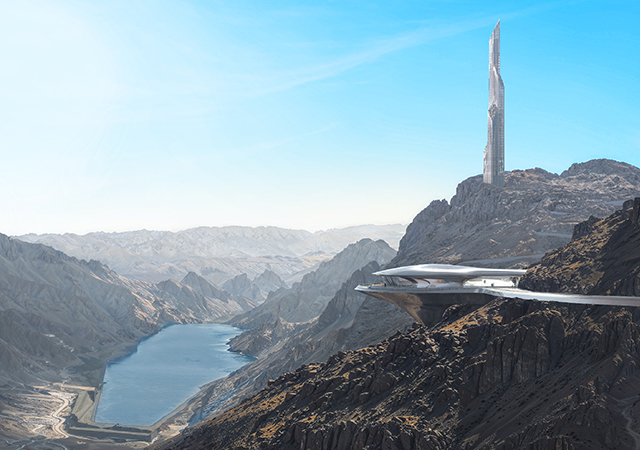
 NEOM encompasses a variety of terrains within its distinct components.
NEOM encompasses a variety of terrains within its distinct components.
Saudi Arabia's ambitious NEOM megacity project is facing considerable challenges and a strategic reset, as uneven development and delays affect key components, including its centerpiece, The Line, and the mountain resort complex Trojena, despite substantial contract awards, according to recent reports and financial disclosures.
The Public Investment Fund (PIF), Saudi Arabia’s nearly $1 trillion sovereign wealth fund, has recorded an $8 billion writedown on some of its high-profile gigaprojects, including NEOM, signalling cost overruns and implementation challenges, say reports. PIF valued gigaprojects on its books at SR211 billion ($56.24 billion) as of end-2024, a 12 per cent drop from the previous year. These setbacks are attributed to the projects’ scale and complexity, as well as constraints from less buoyant oil prices, according to Moody’s Investors Service.
The visionary megaproject currently under development in the northwest of Saudi Arabia, as part of the Vision 2030 plan to diversify the kingdom’s economy, focuses on sustainability, technology, and exceptional livability powered entirely by renewable energy. The project is an umbrella for several distinct regional components:
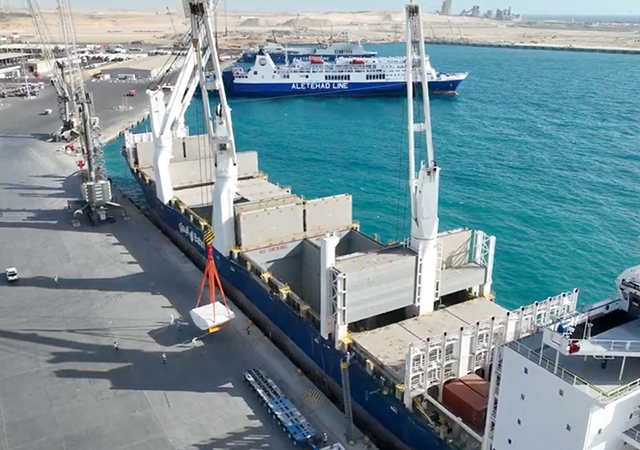 |
|
The Port at Oxagon recently received components of the TBMs being utilised for the construction of tunnels at Trojena. |
• The Line is envisioned as a 170-km-long, 500-m-high linear smart city with mirrored façades, designed to be car-free and carbon-neutral;
• Oxagon is planned as the world’s largest floating structure, serving as an advanced, clean industrial hub and global trade/logistics centre on the Red Sea;
• Trojena is the mountain destination at altitudes up to 2,600 m, set to offer year-round adventure sports and a ski resort. It is expected to host the 2029 Asian Winter Games;
• Sindalah is a luxury island resort positioned as NEOM’s first destination to open to tourists, catering to the yachting community; and
• Magna is a premier coastal destination along the Gulf of Aqaba, encompassing numerous ultra-luxury ecotourism resorts like Leyja, Epicon, and Siranna, all designed to blend modern architecture with extensive natural conservation.
Despite implementation difficulties, construction contracts awarded for NEOM and its components have reached $24 billion, according to Knight Frank’s latest Saudi Giga Projects report. Key contract breakdowns include: The Line: $8.9 billion; Oxagon: $9.3 billion; Trojena: $3.3 billion, which covers the construction of the world’s largest man-made lake, stretching 2.8 km; and Magna: $470 million.
Financial technology company Tipranks highlighted a decisive moment last month (October) when NEOM was left out of the country’s pre-budget statement for the first time in years. Finance Minister Mohammed Al-Jadaan underscored Saudi Arabia’s readiness to halt projects that were no longer strategically rational, signalling a pivot to initiatives with faster paybacks and greater international relevance.
Saudi Arabia’s Vision 2030 agenda sees NEOM as the transformative lever for economic diversification beyond oil. Yet, as major contracts stall and cost overruns mount, the kingdom is re-evaluating priorities in favour of infrastructure investments that support its ambitions to host the 2034 FIFA World Cup and other marquee global events. Recent reports suggest resources and labour have been shifted from The Line to Trojena, reflecting a dynamic, pragmatic reshuffling.
Tipranks notes: “Construction has slowed, and work on its main feature, The Line, has been reduced. Some contractors and workers have been moved to other projects, while parts of Neom remain under review. Finance Minister Mohammed Al-Jadaan recently said that if a project no longer makes sense, the government will not hesitate to change or stop it. That signals a clear priority to direct capital to projects with faster payback and global reach.”
THE LINE
Construction on much of The Line, the proposed futuristic linear city, appears to have halted, with public funds reportedly redirected to other NEOM elements like Trojena. According to reports, only a 2.4-km section is being built, with completion of the full stretch now projected for 2045, instead of the original 2030 target. Mass excavation and infrastructure works are ongoing, but public updates have dwindled, indicating strategic reviews and a possible shift in priorities.
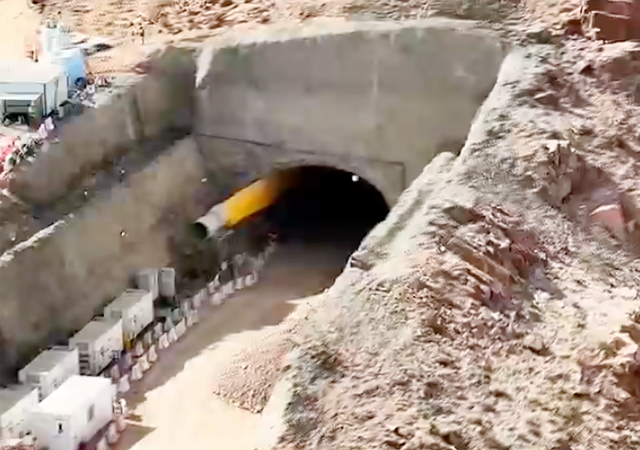 |
|
Tunnelling works in progress at Trojena. |
This shift follows a move by Saudi Arabia to launch a strategic review of The Line’s ambitious plans and feasibility by consulting firms, as reported in July.
Further indicating a change in focus, Giles Pendleton, Chief Operating Officer of The Line, who previously provided regular updates on the project, last posted an update over three months ago. He appears to have transitioned to Regional Head of the Trojena project since August this year.
TROJENA
As with The Line, the Trojena mountain resort complex, slated to host the 2029 Asian Winter Games, is facing its own set of hurdles, including delivery delays and construction challenges. Reports suggest that the client, NEOM, has requested a re-tendering of the main construction contract for the multi-billion-riyal Trojena Ski Village project, aiming to reissue the tender “in a couple of months” after an earlier round of final offers in May.
The Ski Village is the centrepiece of the Asian Winter Games, designed as a superstructure with hotels, residences, and retail.
Despite reports suggesting Saudi Arabia was “struggling to deliver” the ski resort on time to stage the event in four years time, the Olympic Council of Asia (OCA) stated last month that preparations for the 2029 Games are “on schedule,” and is closely monitoring the work of the local organising committee. Contingency plans are, however, being considered for relocation of the Games, with South Korea and China, both previous Winter Olympics hosts, having been mooted as potential replacements.
OXAGON
Oxagon, the reimagined industrial city and one of the world’s largest floating structures, is seeing rapid progress. A new phase has been announced at the seaport project, which is set to become one of the world’s most advanced terminals. DEME, a leading Belgian marine infrastructure group, is scheduled to begin cutter suction dredging work for Phase Two of Oxagon shortly, as part of dry earth moving activities.
Link for NEOM's sub projects



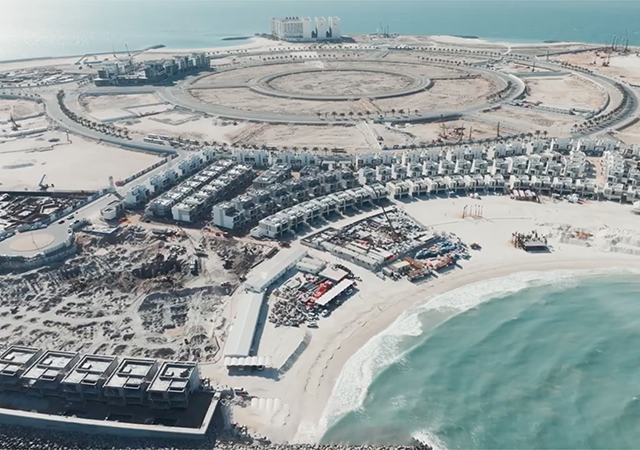
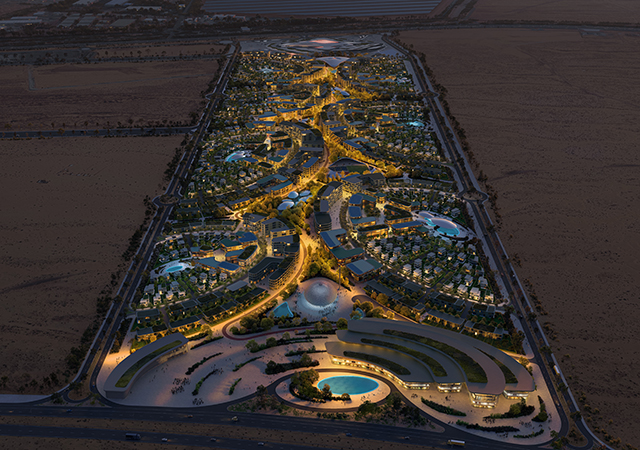
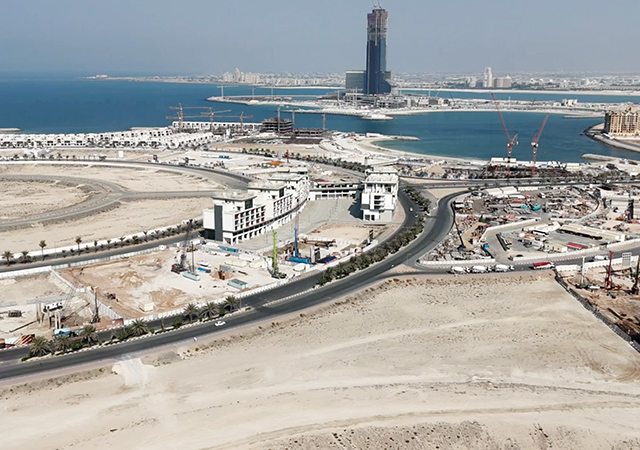
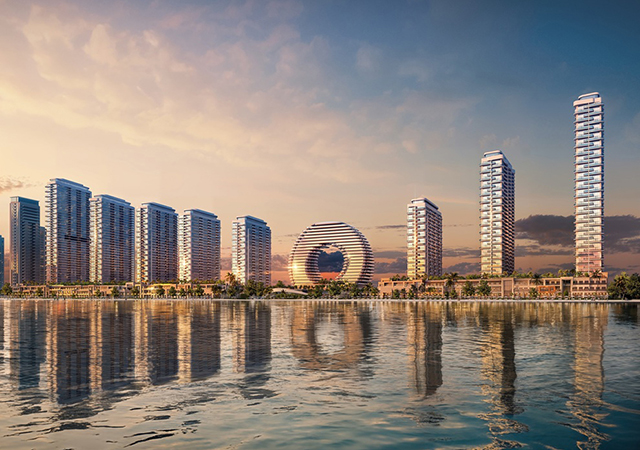
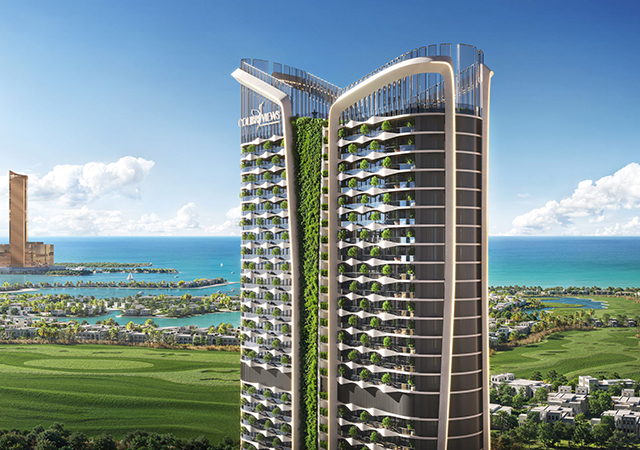
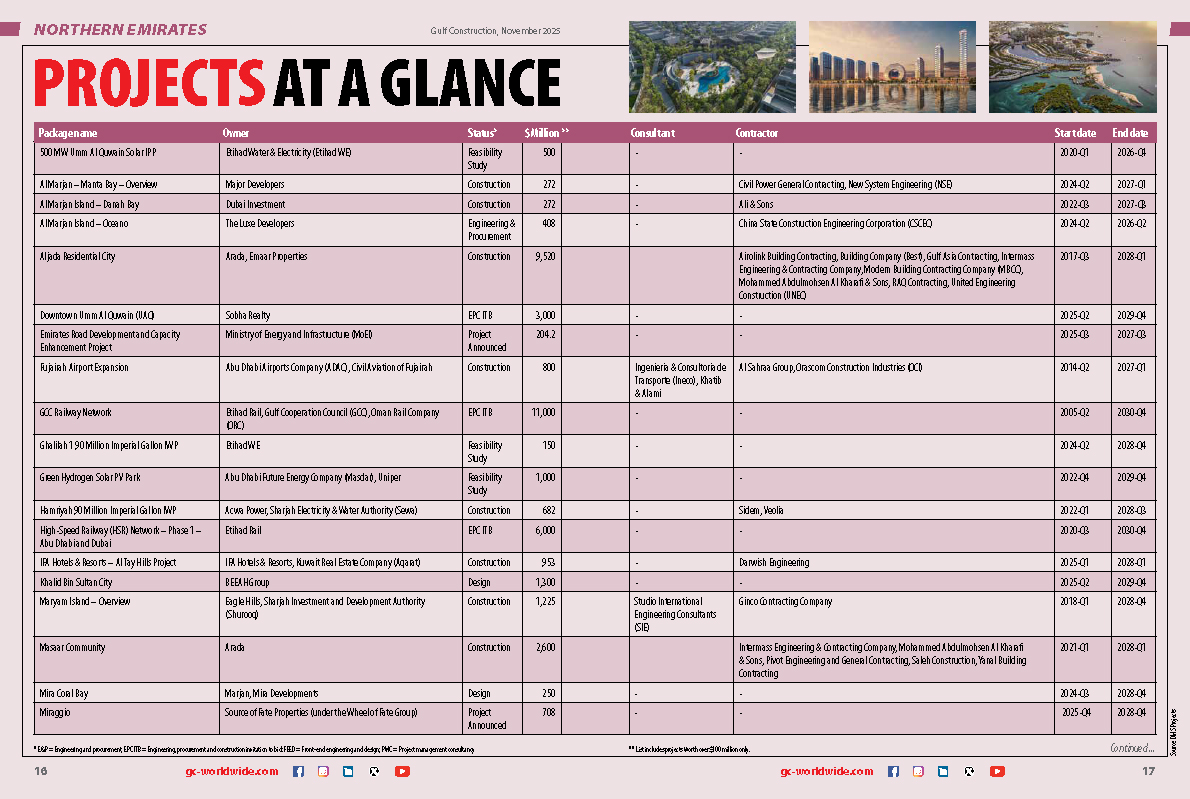
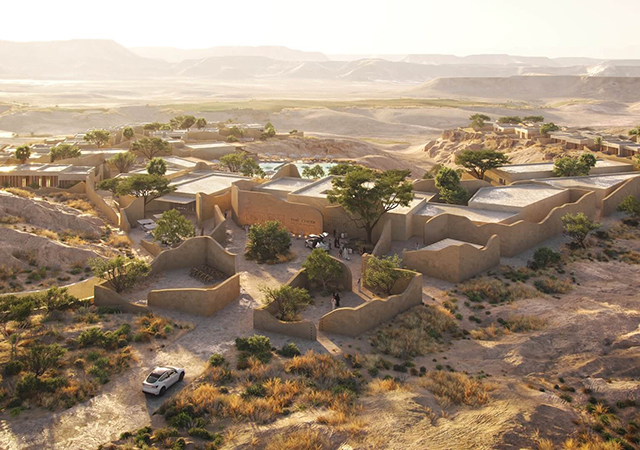
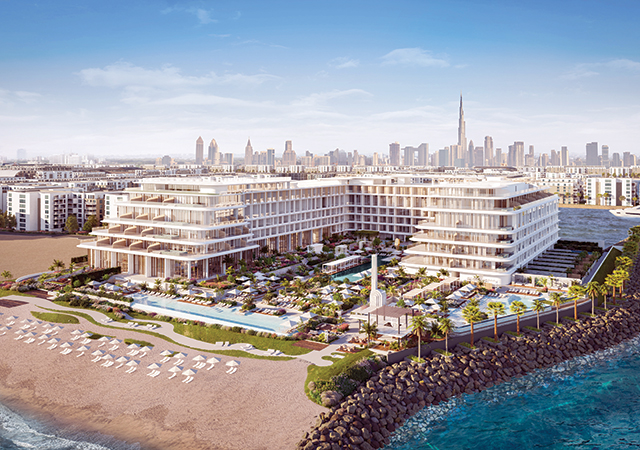
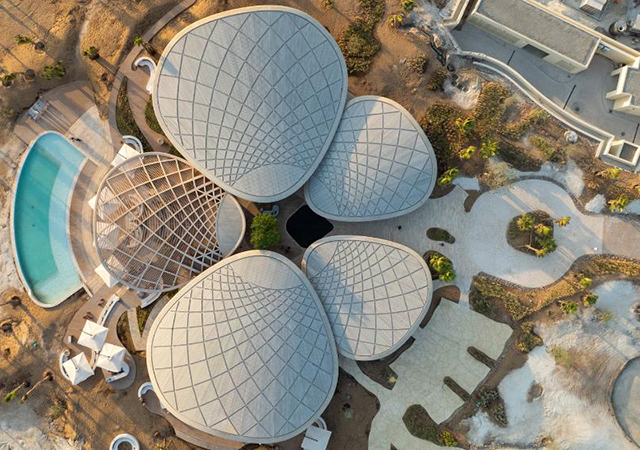

(5).jpg)
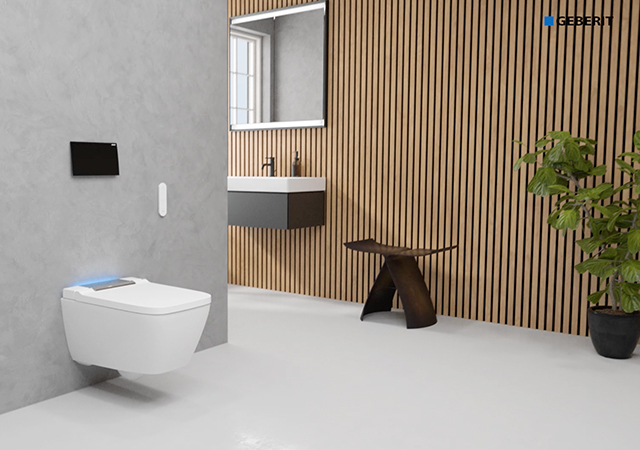


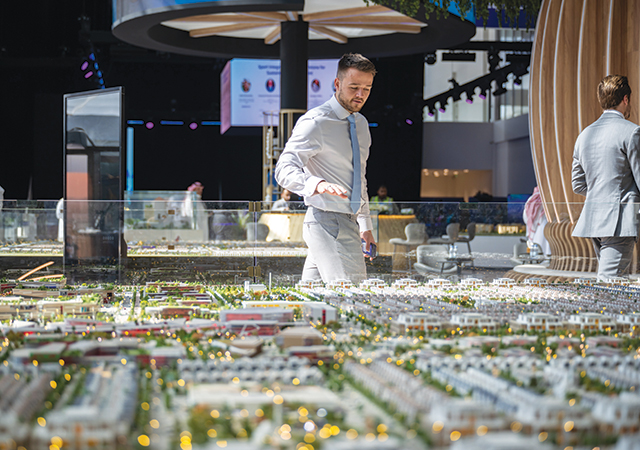
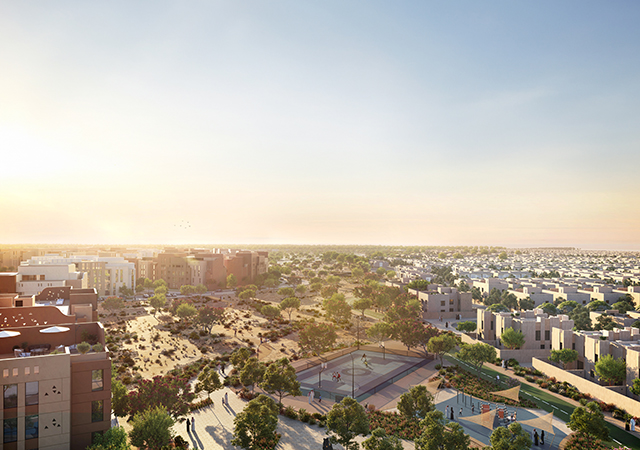
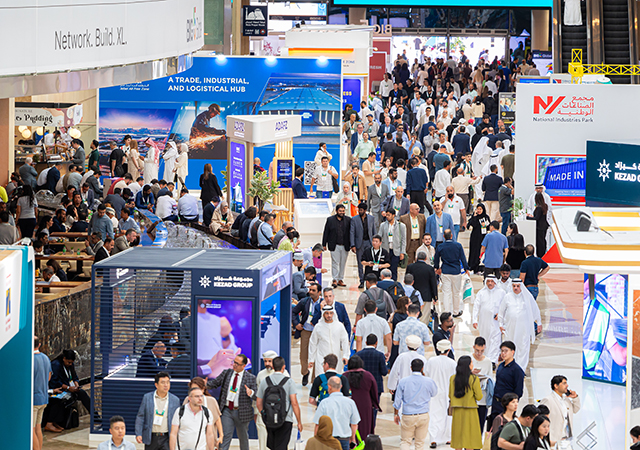
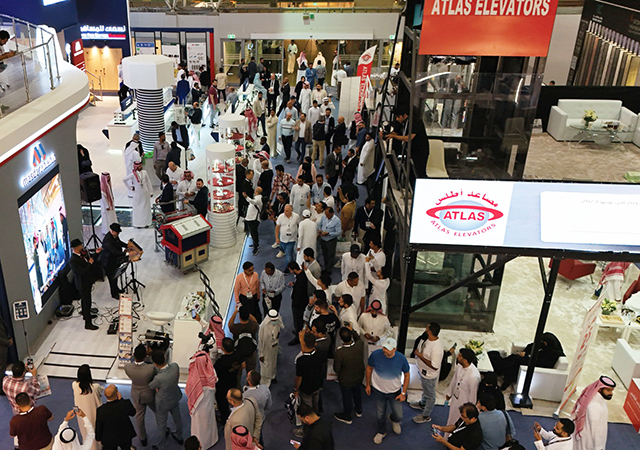

.jpg)
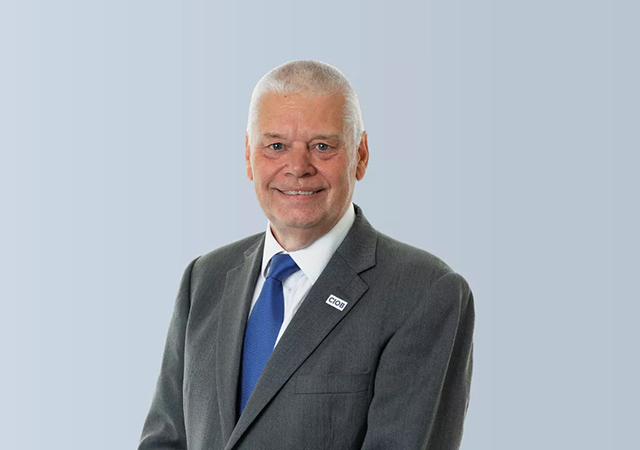

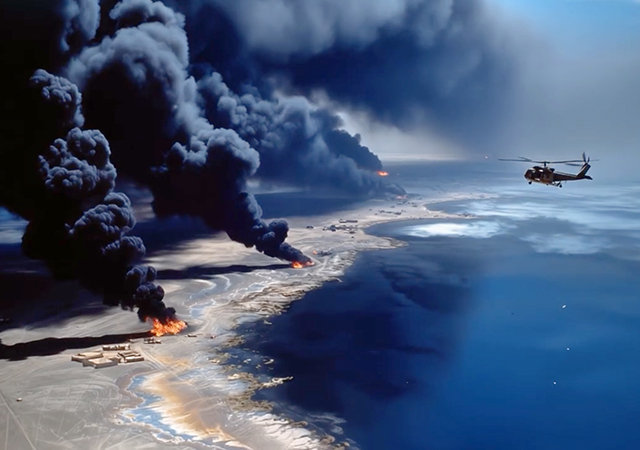
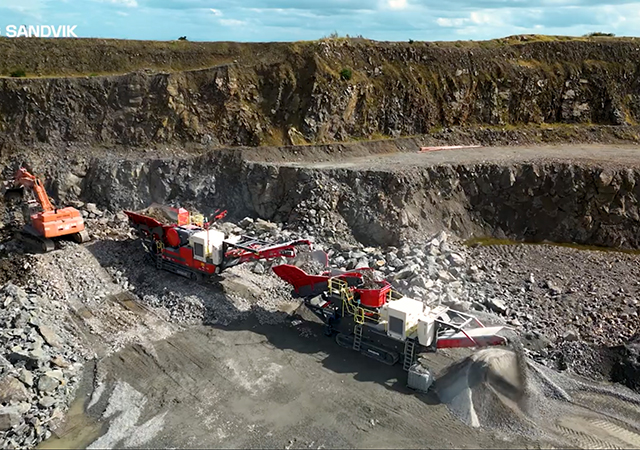
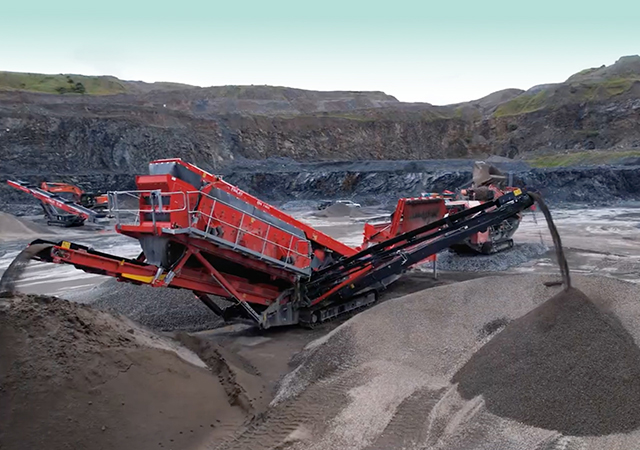
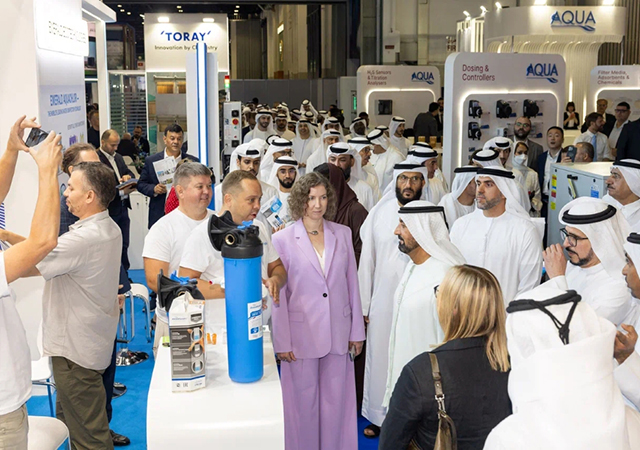

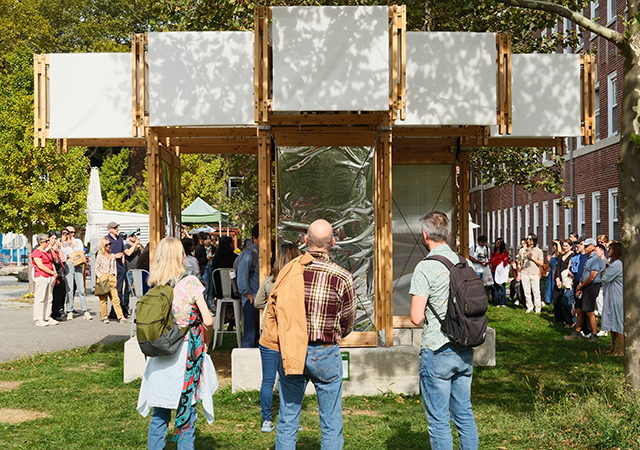

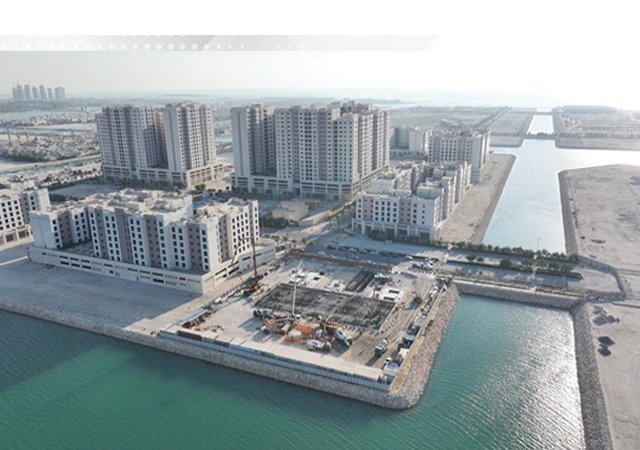
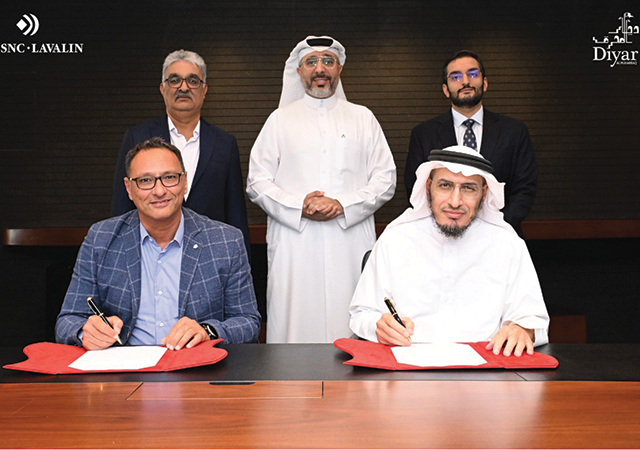
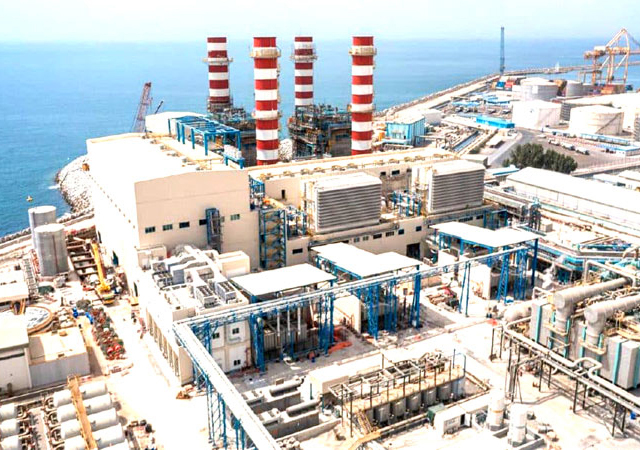
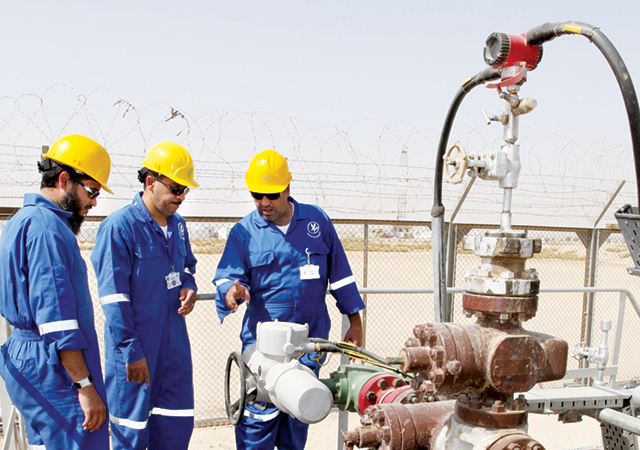
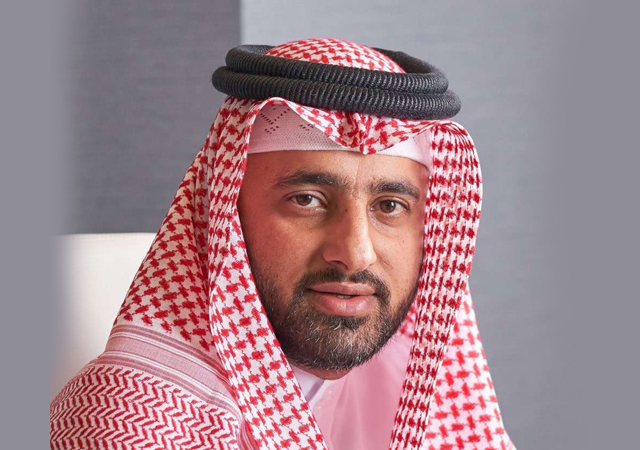

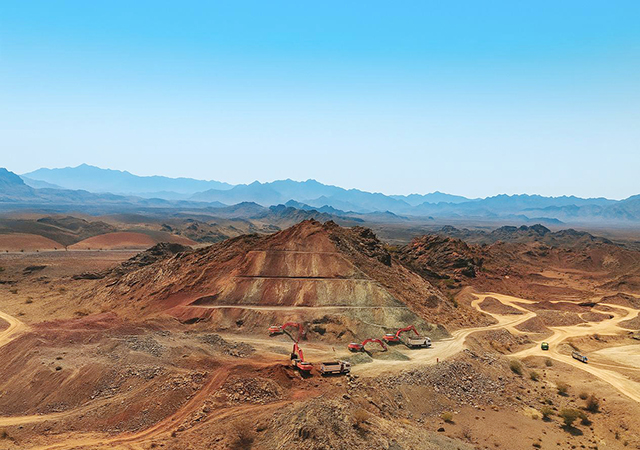
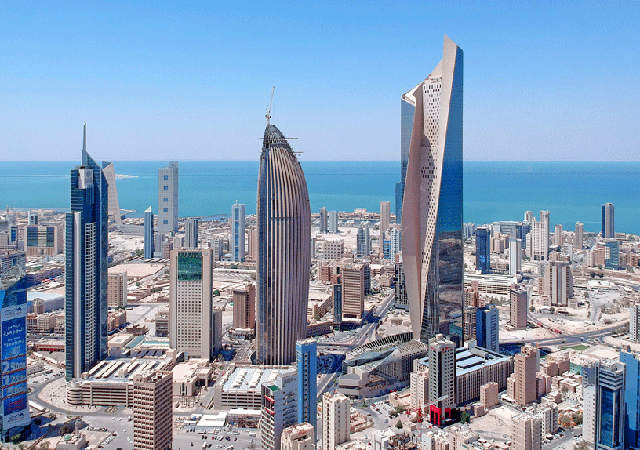
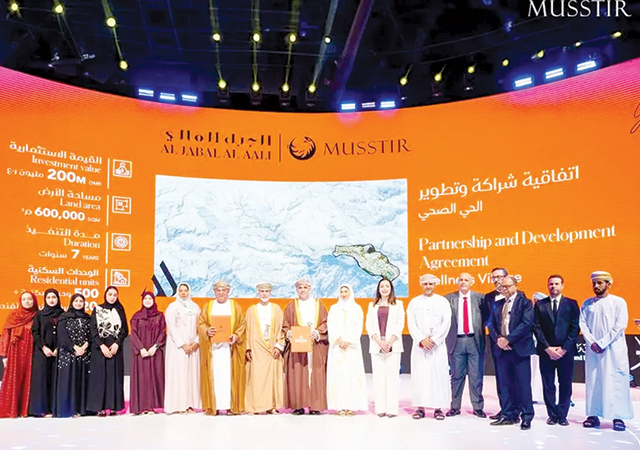
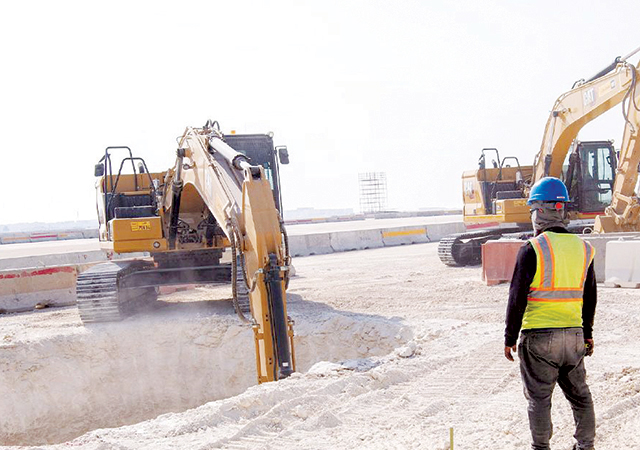
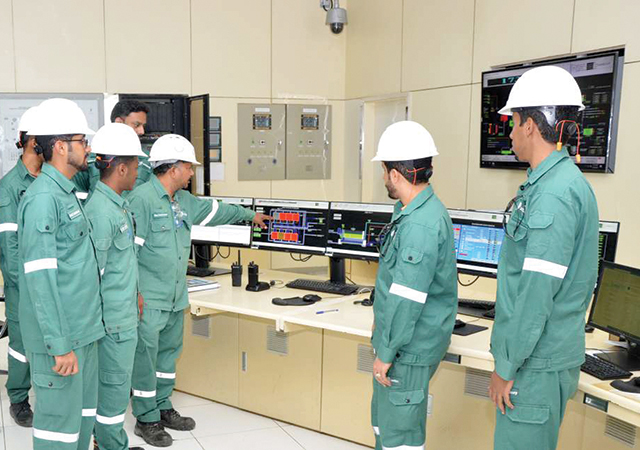
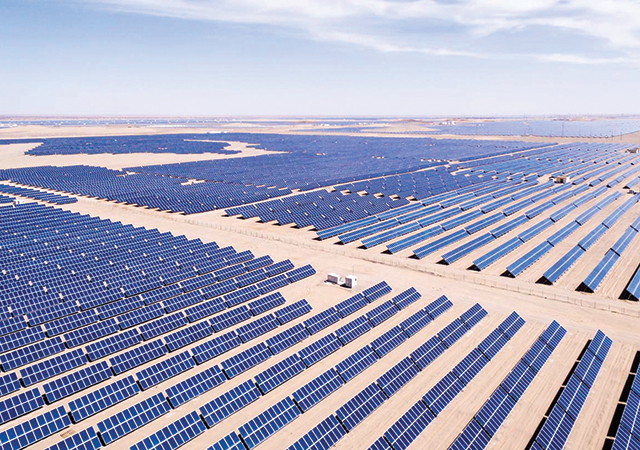
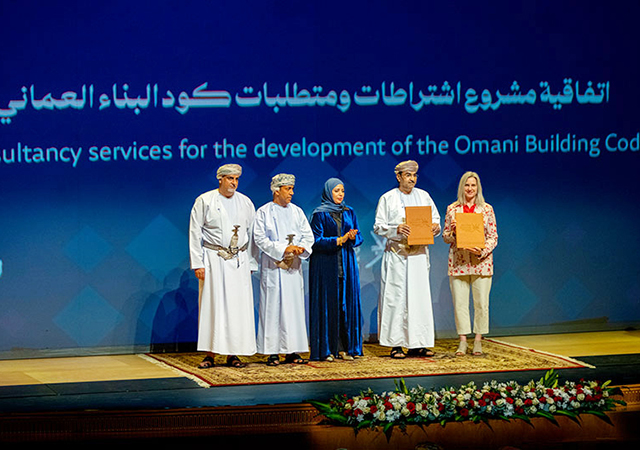
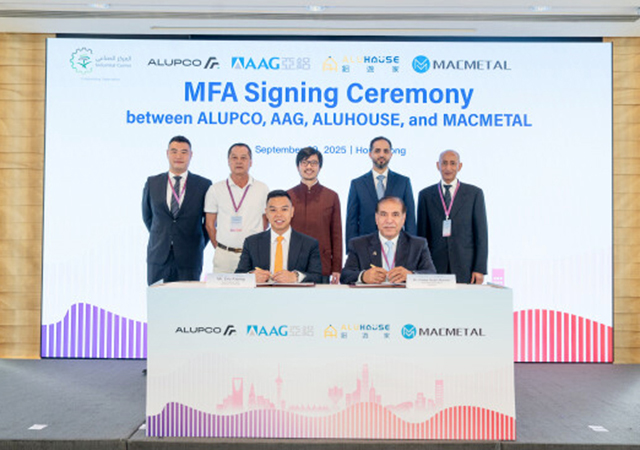
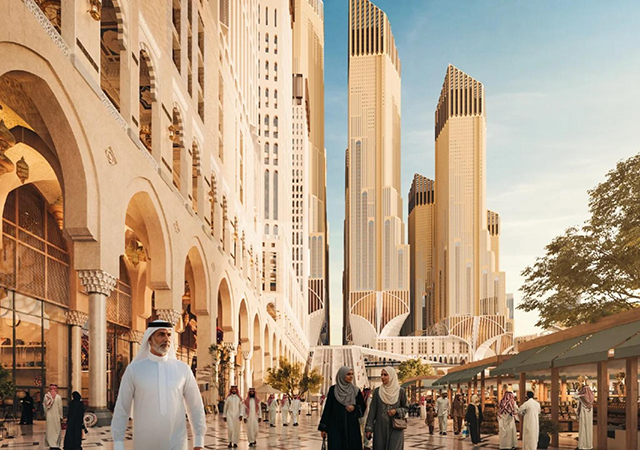
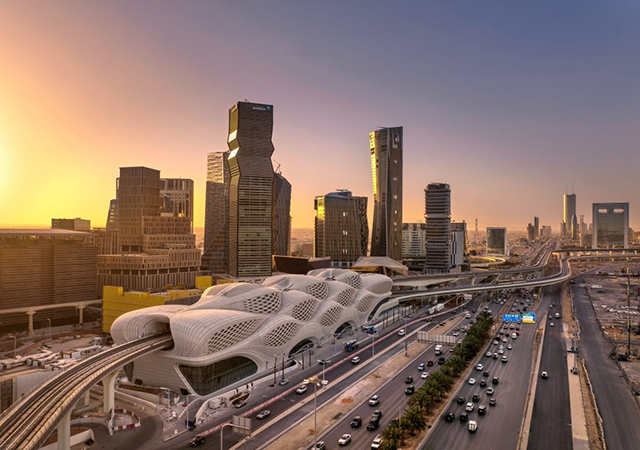
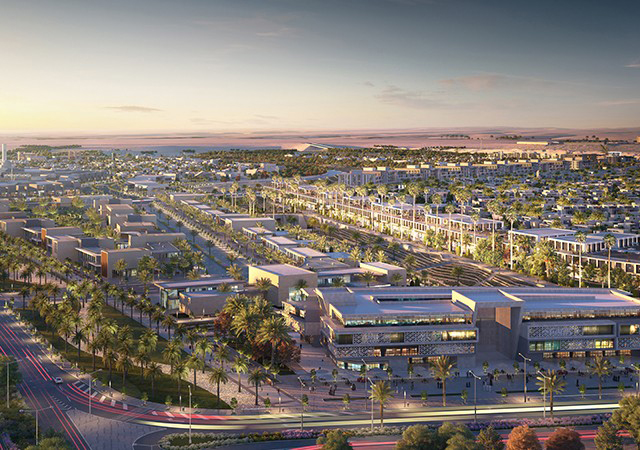
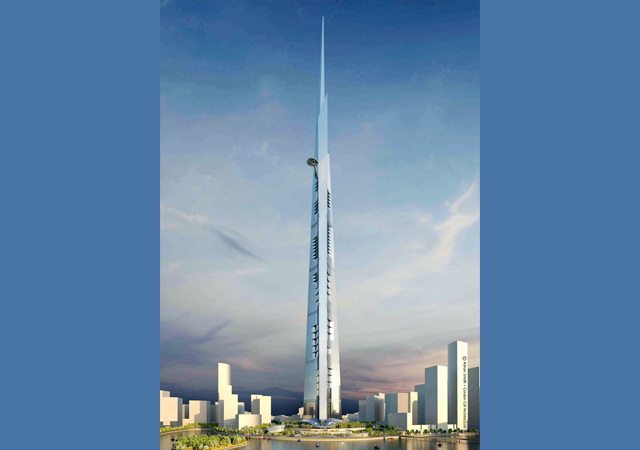
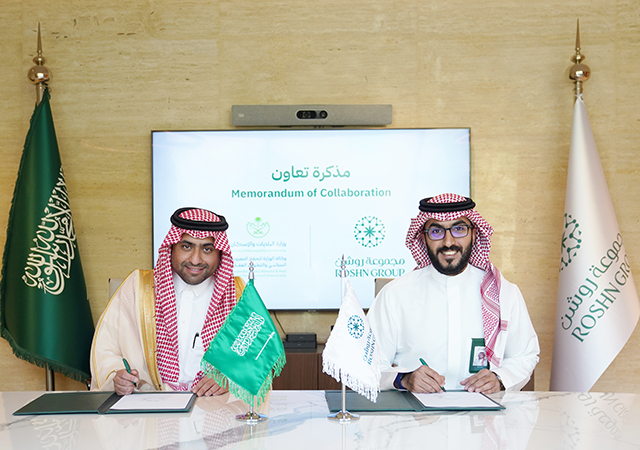


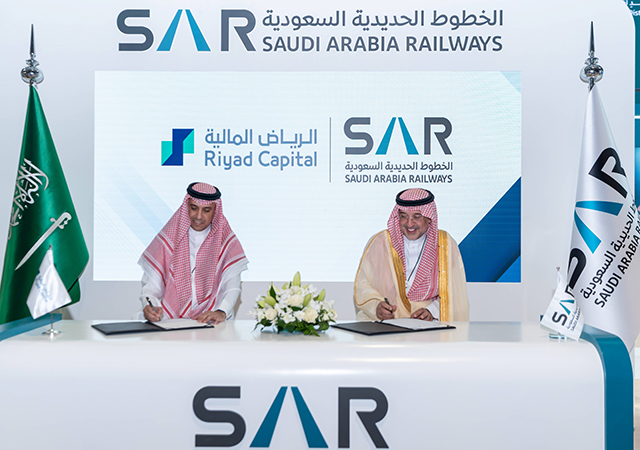
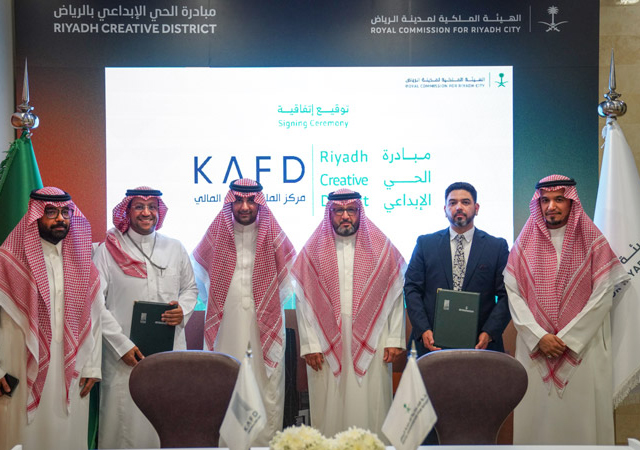
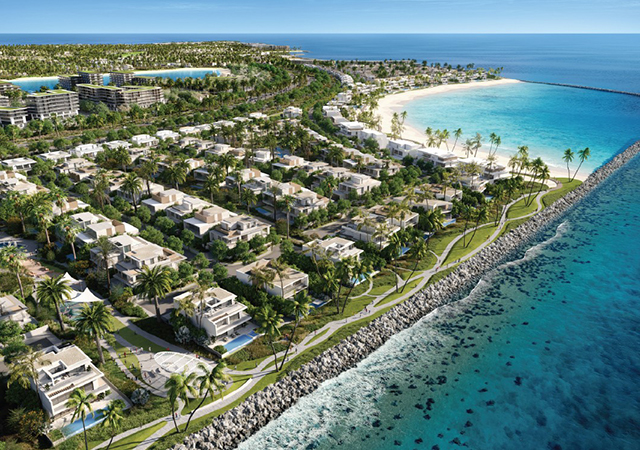
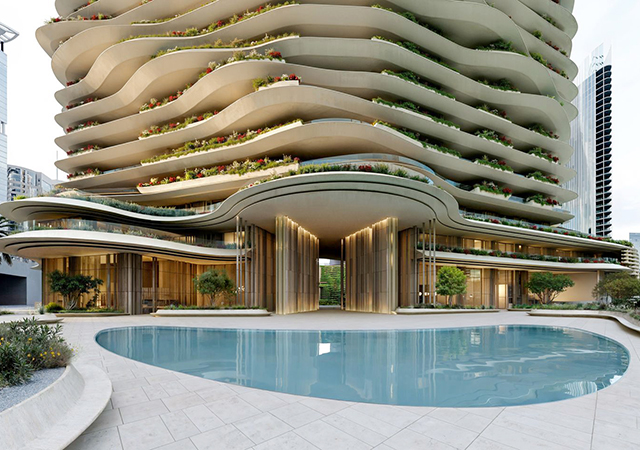
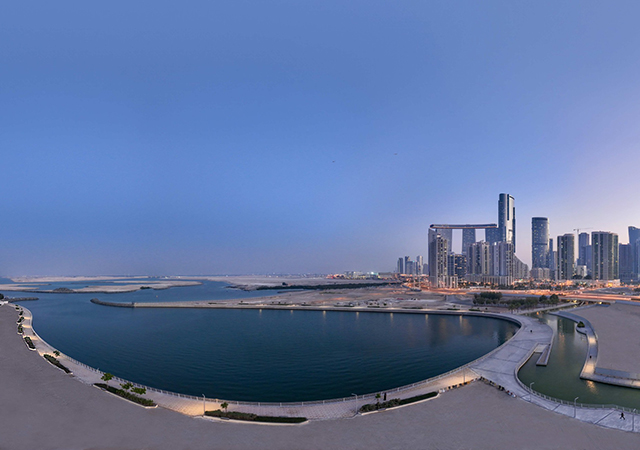
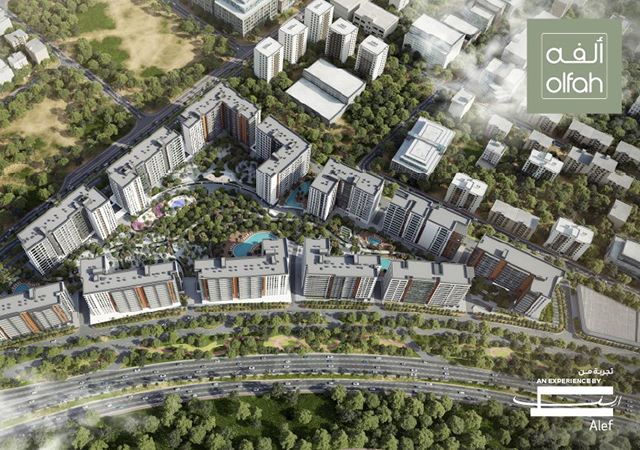
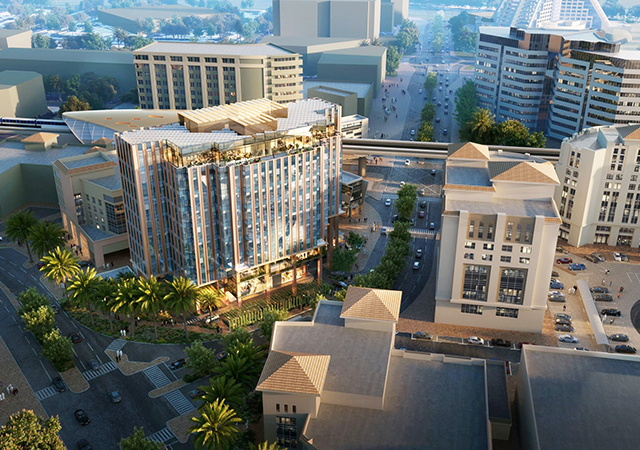
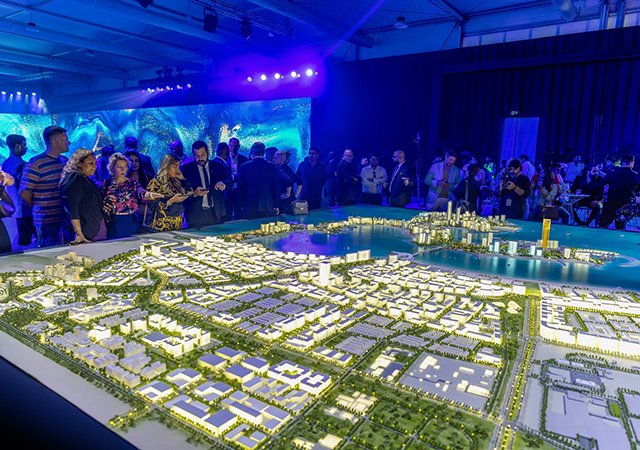

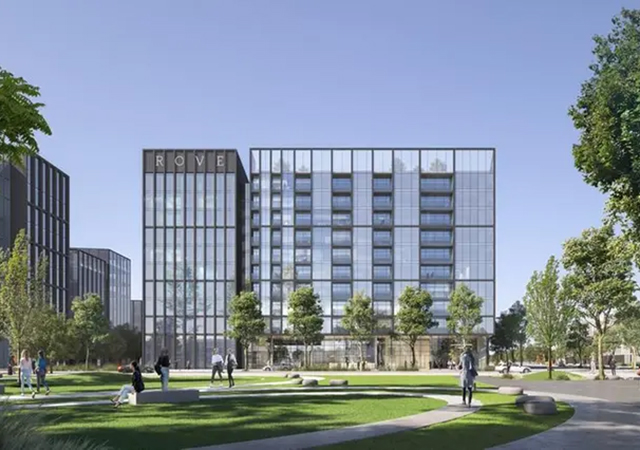
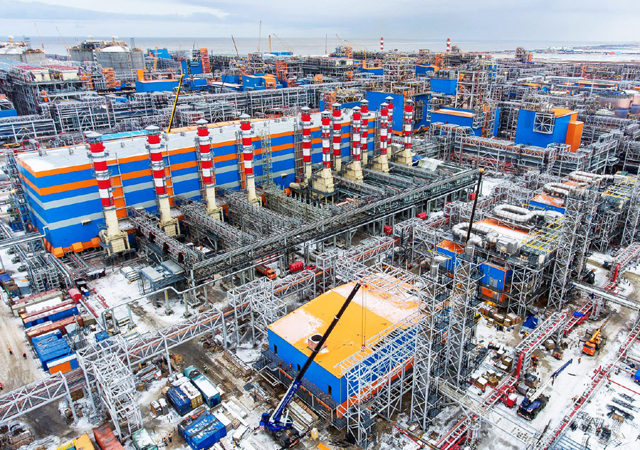
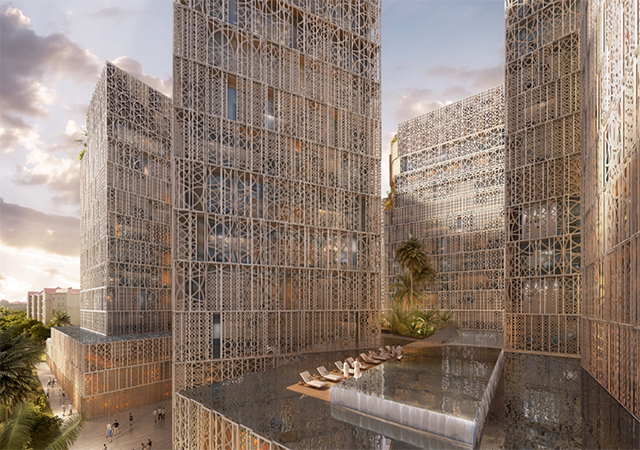
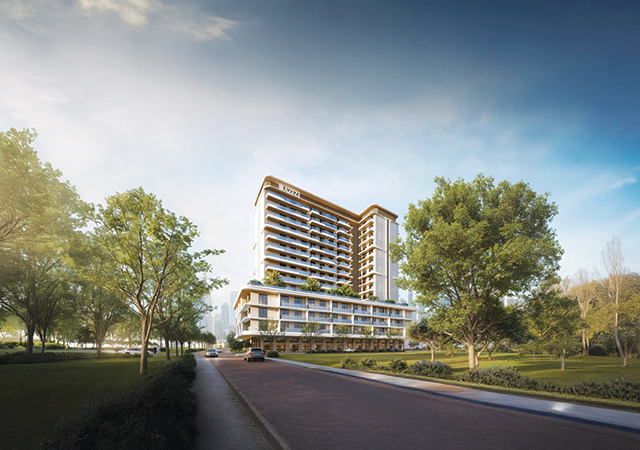
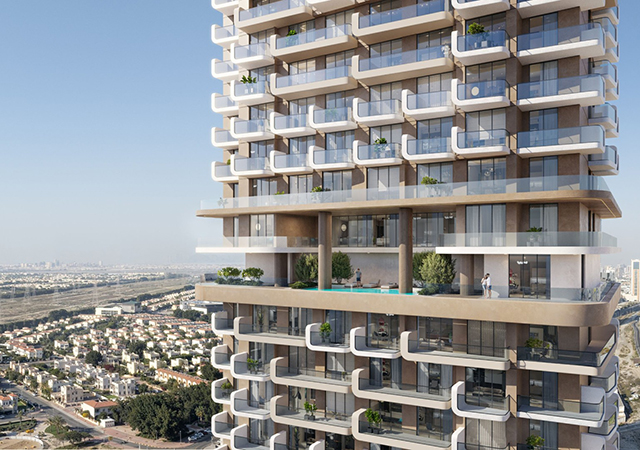
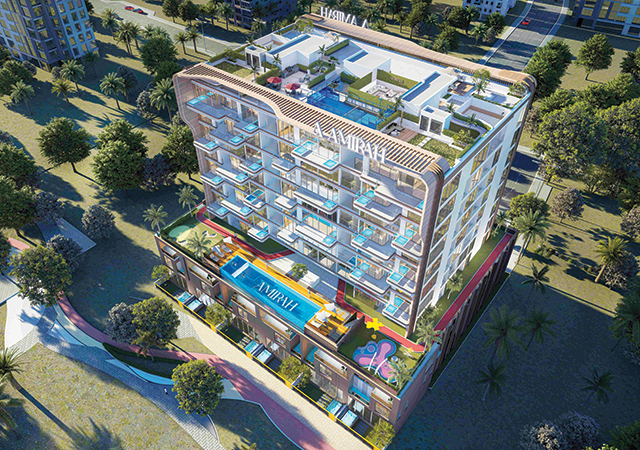
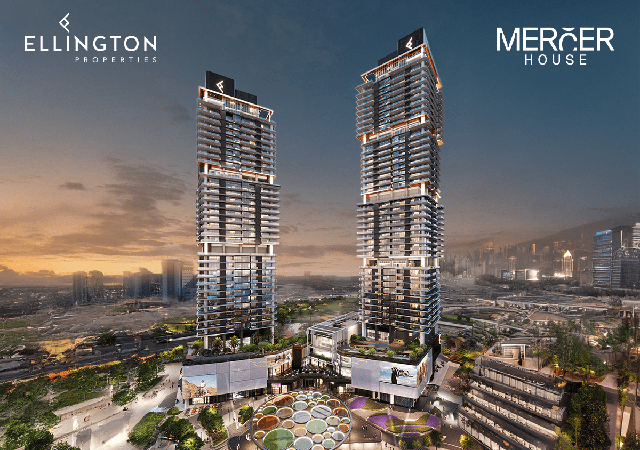
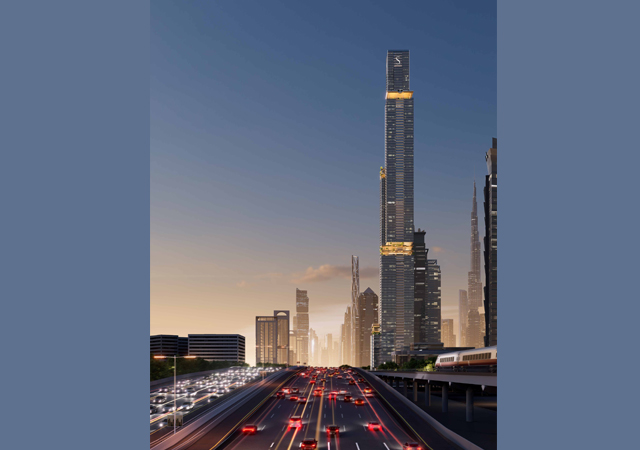


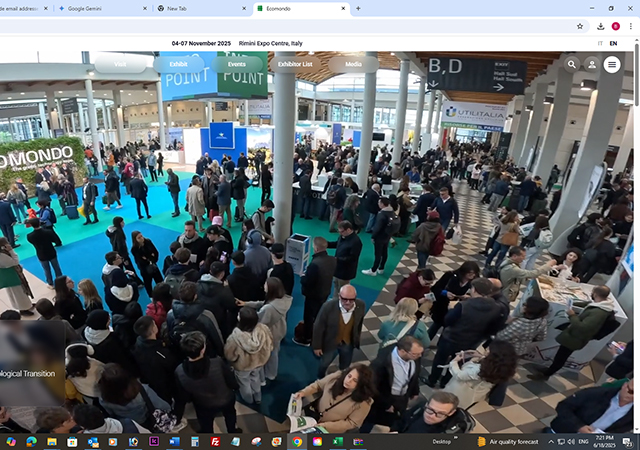
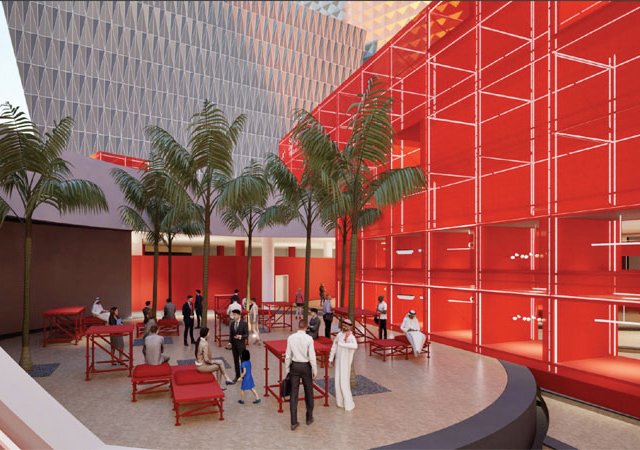

.jpg)